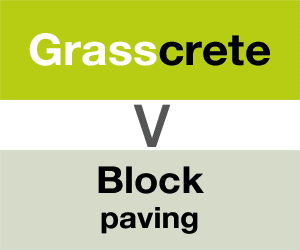Up to 375 positions, representing around 15% of the total workforce, are set to go in the restructuring
The cost-cutting programme will also include “selective site closures, changes in operating patterns and changes to the size and structure of support functions”, Ibstock revealed.
“Whilst the changes anticipated will ensure our business is adapted to the near-term industry demand outlook, we retain the flexibility to scale production back up, as and when demand recovers,” it added.
Only a third of Ibstock's manufacturing sites have so far resumed production after the initial lockdown and many employees remain on furlough.
Ibstock’s sales were already slowing at the start of the year, down 10% in the first quarter compared to 2019. In April and May, after lockdown took effect, sales were down 75% on last year.

Brick sales have been particularly badly hit – down 90% in April – but exposure to infrastructure and RMI markets meant that the Concrete division remained relatively more resilient.
“As the construction and housebuilding sectors have begun to return to work over recent weeks, trading conditions have started to improve,” the company said in a trading update today. “We have seen a modest recovery in clay brick sales although volumes currently remain around 70% below the comparative period. Concrete volumes are now at around 50% of those from the same period in 2019.”
It concluded: “Current trading conditions remain difficult but the combination of the cost reductions, restructuring measures and improved liquidity have strengthened the group's ability to meet current challenges and benefit from the eventual recovery in its core markets.”
With 19 manufacturing sites and 23 quarries, Ibstock Brick has the largest brick production capacity in the United Kingdom. Ibstock Concrete, which makes concrete roofing, walling, flooring and fencing products, along with lintels and general concrete building products, has 16 manufacturing plants across the country
Got a story? Email news@theconstructionindex.co.uk
.png)

